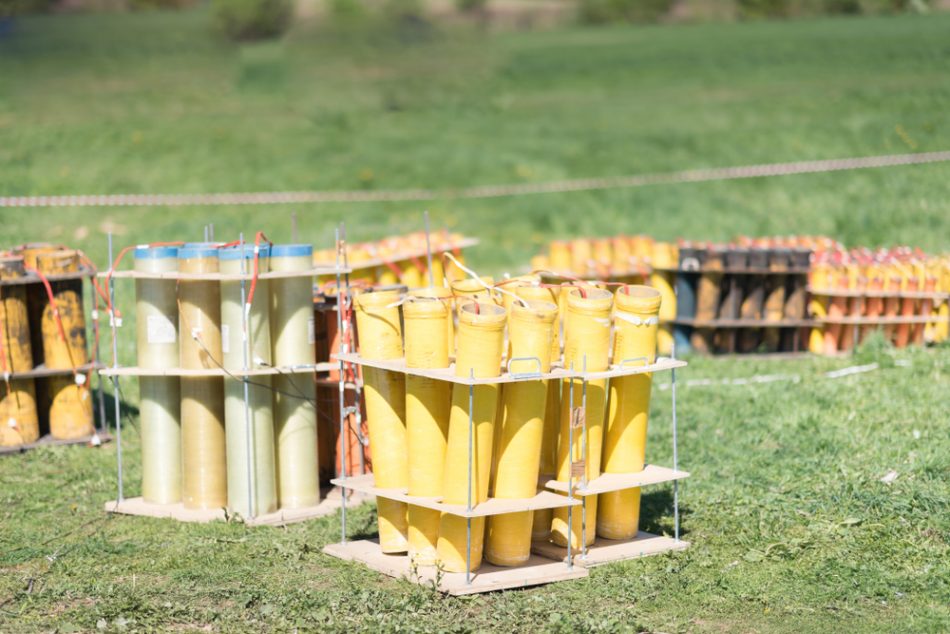As a historic drought grips the Western United States, many cities are taking extra precautions to prevent wildfires, including banning Fourth of July firework displays. Large personal fireworks are already banned in California, Oregon, and other states, but this year, cities are instituting even stricter bans.
Portland, Bend, and Tualatin in Oregon have banned all fireworks, even official city displays. So has Washington state’s Clark County. The Yavapai-Apache Nation has canceled their annual central Arizona show and Yreka, California has an indefinite ban on fireworks.
Although many will be disappointed at the cancelled festivities, the reality is that the risks simply outweigh the benefits when it comes to fireworks. Sparks and debris from ignition pose a huge wildfire threat, not to mention that fireworks emit 60,340 metric tons of CO2 in the U.S. yearly, more than what 12,000 gas-powered cars would emit in one year.
With hot conditions, dry brush, and little water available, the changing climate in Western North America means we must adjust our behaviors to protect our environment and those around us. Even in areas where fireworks haven’t been banned, many local officials, firefighters, and environmentalists still urge those who live in drought stricken regions to forgo the use of fireworks this Fourth of July.












